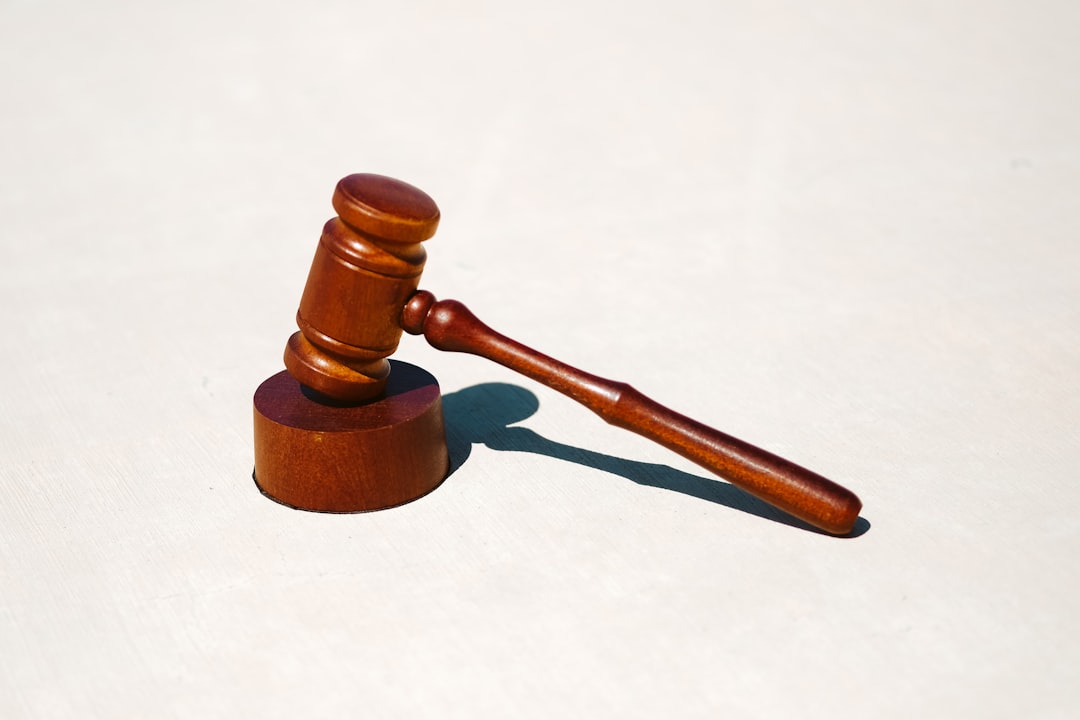Indiana's legal system addresses sexual assault cases without physical evidence through a comprehensive approach, relying on forensic evidence, witness testimonies, and survivor statements. Sexual assault law firms play a crucial role, utilizing DNA analysis, medical records, and detailed accounts to ensure justice and protect victims' rights. Even with limited physical proof, these firms navigate challenges by building strong cases centered around victim narratives and eyewitness testimony.
In Indiana, prosecuting sexual assault cases without physical evidence presents unique challenges. This article delves into Indiana’s approach, exploring the legal framework that guides such prosecutions. We analyze the strategies employed by sexual assault law firms in Indiana to navigate these complex cases, highlighting their role in advocating for survivors. Understanding these dynamics is crucial for both legal professionals and folks interested in supporting survivors of sexual assault within the state.
Indiana's Approach to Sexual Assault Cases Without Physical Evidence

In Indiana, the approach to prosecuting sexual assault cases without physical evidence is guided by a comprehensive legal framework designed to protect victims and ensure justice. Unlike some jurisdictions, Indiana does not solely rely on physical evidence to secure convictions for sexual offenses. The state recognizes that many survivors may not have physical marks or medical evidence due to various reasons, such as the nature of the assault or timely access to healthcare.
Therefore, Indiana’s sexual assault law firms often leverage a combination of forensic evidence, witness testimonies, and survivor statements to build compelling cases. This includes DNA analysis, medical records, and detailed accounts from witnesses present during the incident. Such an approach not only respects the rights and dignity of survivors but also reflects the state’s commitment to addressing sexual violence effectively within its legal system.
Legal Framework for Prosecuting Sexual Assault in Indiana

In Indiana, the legal framework for prosecuting sexual assault cases is governed by state laws and regulations, with a focus on providing justice and protection for victims. The Indiana Criminal Code outlines specific statutes related to sexual offenses, including sexual assault, rape, and other forms of non-consensual intimate acts. These laws are designed to ensure that individuals accused of sexual crimes can be held accountable, even in the absence of physical evidence.
Indiana’s approach to prosecuting sexual assault recognizes that such cases often involve sensitive and complex dynamics. As a result, the state has implemented procedures that allow for the consideration of various forms of evidence, including but not limited to medical records, forensic evidence, witness testimonies, and victim statements. Sexual assault law firms in Indiana play a crucial role in navigating this legal framework, providing expert guidance to both victims seeking justice and defendants facing charges, ensuring a fair and just process for all parties involved.
Challenges and Strategies for Sexual Assault Law Firms in Indiana

Sexual assault law firms in Indiana often face unique challenges when pursuing cases where physical evidence is scarce or non-existent. The absence of tangible proof can make it difficult to convince juries, leading to potential hurdles for prosecution. However, experienced legal professionals in this field employ various strategies to navigate these complexities.
These strategies include leveraging forensic evidence, such as DNA analysis and medical reports, even if there’s no direct physical contact between the victim and the perpetrator. Additionally, sexual assault law firms may focus on building a strong narrative based on eyewitness testimonies, prior consistent statements from victims, and character evidence. The goal is to create a compelling case that establishes beyond a reasonable doubt that a sexual assault occurred, thereby ensuring justice for survivors even in the absence of traditional physical proof.






